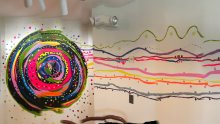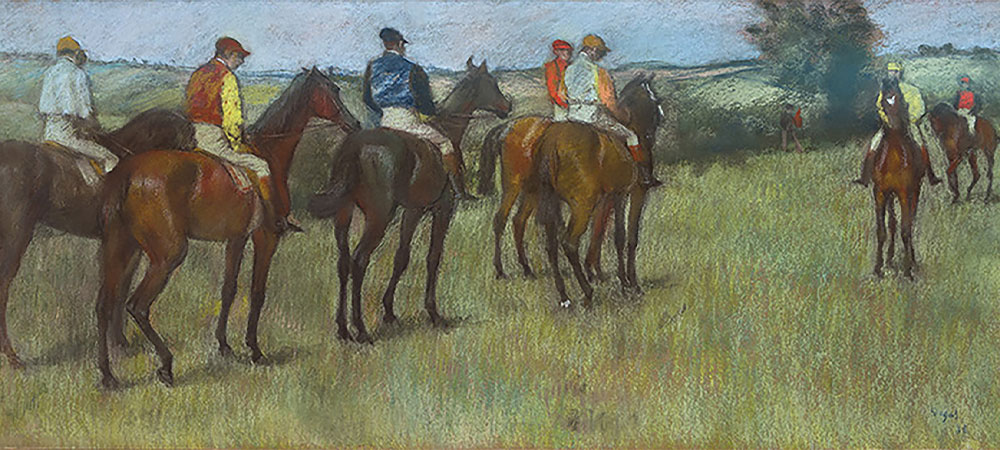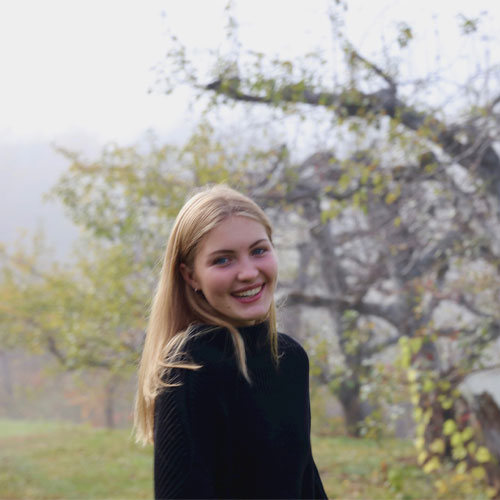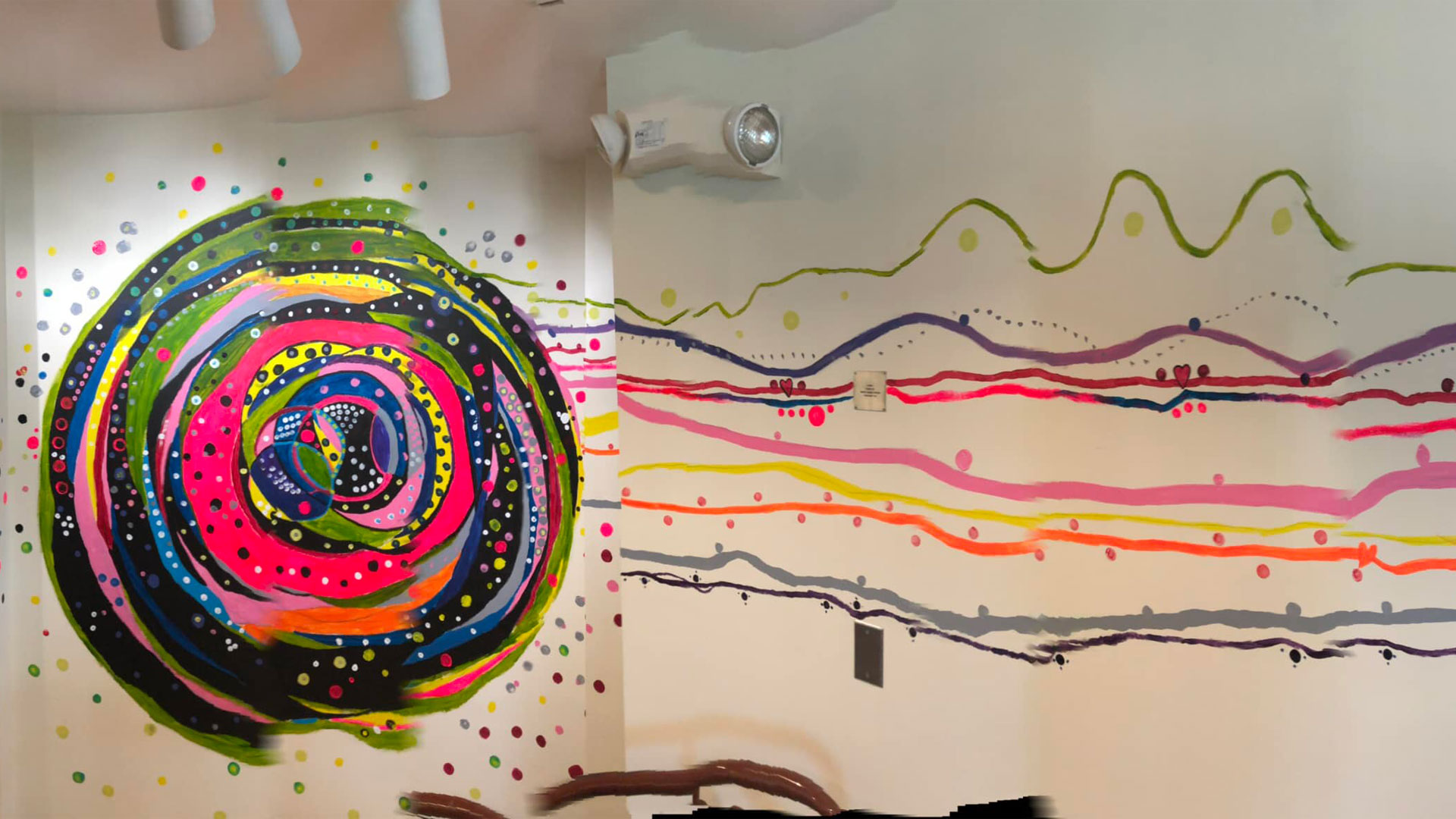

For the 13th annual Sonja Osborn Museum Studies Internship (SOMSI) Symposium, Madelin Aho ’21 will be examining the artistic vision of French Impressionist Edgar Degas by exploring one of his works — Jockeys, a pastel he completed in the mid-1880s that is now part of the art collection at Hill-Stead Museum in Farmington.
Madelin’s presentation will be offered on Thursday, April 15, from 6 to 7 pm before a limited audience in Westover’s Pollina WISE Center; it may also be viewed online: 2021 SOMSI Symposium.

As this year’s SOMSI intern, Madelin has worked closely with Art History instructor Ali Hildebrand and with staff members at Hill-Stead, which serves as a collaborative partner for the SOMSI program. Hill-Stead was designed by Westover’s architect, Theodate Pope Riddle, as a home for her parents in the early 1900s.
“In any given year,” Ali said, “the SOMSI program requires the intern to be independent, resourceful, and driven. In a year where much of her learning has been virtual, Madelin has demonstrated incredible resilience. Her passion for art history and analysis, combined with her willingness to learn despite trying circumstances, has made her a remarkable scholar and intern this year.”
“While conducting research around my topic of Degas and Vision,” Madelin explained, “there was a lot of digital sharing of sources with Ali and with Giselle Boyadjian [Westover’s Library Director]. We worked together to compile sources from the Westover Library, the online library Jstor, and the Hill-Stead archives.”
 In addition, being a virtual student at home in Vermont last fall offered Madelin one more benefit for her research. If she hadn’t been studying from home, she noted, “I would not have been able to use my dad’s fairly extensive collection of Degas essays and catalog books to gather more information. Having more access to a broader spectrum of research methodologies,” she added, “I was able to attain a much deeper understanding of Degas, and the intricacies of the time period.”
In addition, being a virtual student at home in Vermont last fall offered Madelin one more benefit for her research. If she hadn’t been studying from home, she noted, “I would not have been able to use my dad’s fairly extensive collection of Degas essays and catalog books to gather more information. Having more access to a broader spectrum of research methodologies,” she added, “I was able to attain a much deeper understanding of Degas, and the intricacies of the time period.”
As a SOMSI intern, in addition to researching her Symposium presentation on Degas, Maddie also worked with Hill-Stead staff on museum programs and projects.
Although Madelin completed much of her internship with Hill-Stead in the fall remotely, Ali noted, “she found ways to connect with the museum on important projects, even finding a way to visit the collection to see Jockeys in person.”
Madelin praised Melanie Bourbeau, Hill-Stead’s Curator, as a mentor.
“She was able to find a collection of projects for me to tackle virtually throughout the fall semester that allowed me to understand the depth of their collections and the work required to keep their databases up-to-date.”
“Melanie worked with me closely,” Madelin said, “always giving me exciting projects that made me feel connected to life at the museum, even if I didn’t get to spend as much time there as I would have liked.” In the end, she said, “I came out of the experience feeling as if I had gotten to know the inner workings of the museum that much better.”
Madelin noted that the SOMSI program was one of the reasons that she was first drawn to Westover — and her internship more than lived up to her expectations.
“I think that the biggest takeaway I have from this experience was how the Hill-Stead staff welcomed me and was excited to have me there — participating in the museum’s systems and projects … working on decoding [Theodate Pope’s father] Alfred Pope’s almost illegible handwriting, and getting to stand in the closest proximity I ever have to the Degas pastel.”
In turn, Ali has been impressed by Madelin’s dedication and perseverance.
“In a research process that is all about meandering and discovery,” Ali said, “Madelin leaned into the curiosity and patience of evolving an argument, even in an already trying time of uncertainty. Madelin immersed herself in the research, bubbling forth over our Zoom calls with what she’d discovered and what connections she was making. She immersed herself in difficult readings, organized her time, and set and followed through on her goals. I’m so grateful to Madelin for all she has worked for, challenges and all, this year.”










